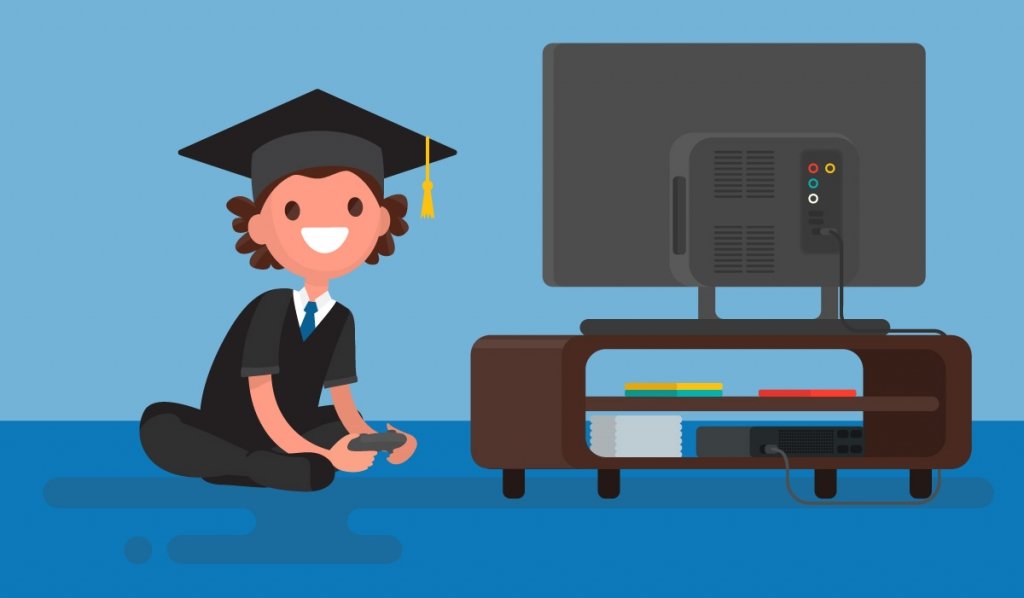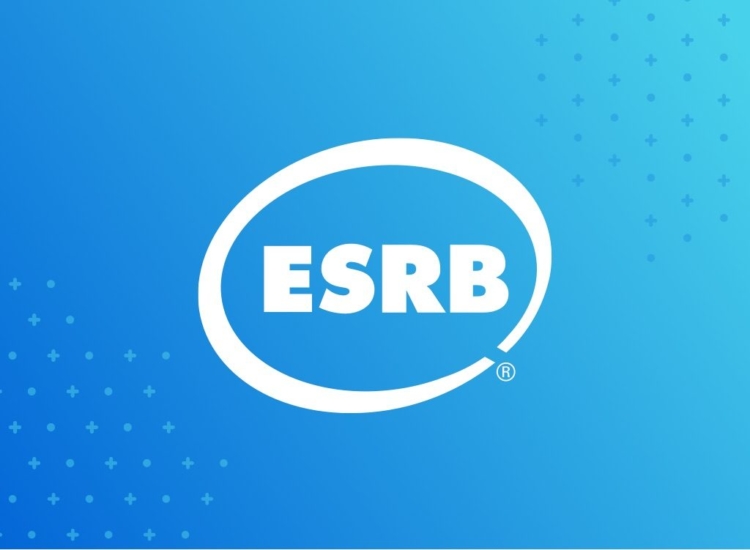The Educational Value of Video Games

For a significant portion of my life, I have worked at a number of summer camps and educational programs for children and (big surprise) a lot of the kids I worked with love video games. It’s always fun to talk about what their favorites are or cool-looking games that aren’t out yet. I also meet a lot of their parents, and many are reasonably concerned with the increased usage of screens.
As COVID-19 has changed education to become more digital, that concern is coming to the forefront. Many kids probably want to wind down after a day of school – be it remote or in-person – by playing video games (as they’ve always done) and their parent’s first instinct may involve cutting off screen time.
A good compromise for many parents might seem to be found in video games that use the format to educate. Unfortunately in my experience, kids tend to equate the term “educational” with “not fun”.
But hope is not lost!
Educational and Entertaining
There are many games that aren’t “educational” in the traditional sense, but that can still have educational benefits. One trick is to find games that have a solid narrative or fun gameplay built around puzzles and/or problem solving. Learning in games works best when it’s handled like a Trojan Horse, the game doesn’t explicitly set out to educate, so any learning or brain training comes off like a happy accident.
Puzzle games like Professor Layton (Everyone 10+ to Teen 13+) and Pushmo (Everyone), for example, stimulate the brain while using narrative and gameplay to distract from any notion that it’s educational. Adventure games like the Monkey Island series (Everyone 10+ to Teen 13+), Day of the Tentacle (Teen 13+), and Putt-Putt (Everyone) aren’t promoted as “educational” but they all focus on critical thinking and problem solving to progress.
Learning in games works best when it’s handled like a Trojan Horse, the game doesn’t explicitly set out to educate, so any learning or brain training comes off like a happy accident.
There are even games that encourage more concrete educational development. For example, games like Minecraft (Everyone 10+) and Roblox (Everyone 10+) often lead to kids becoming more interested in coding and development.
Finding the Benefits
Here’s the best part: Any game can be educational. SimCity (Everyone 10+), Age of Empires (Everyone 10+ to Teen 13+) and Civilization (Everyone 10+) teach city planning and government function. Okami (Teen 13+) and Roki (Everyone 10+) are built around mythology not often taught in schools. I can’t count the number of history tests I passed solely because of events I’ve learned about from Assassin’s Creed (Mature 17+). Not all of these games are appropriate for all ages, but it stands to show that there truly is something of educational merit for everyone.
If you’re the parent of a middle or high schooler who’s starting to get into more mature games then don’t worry. There’s a good chance that whatever games they’re playing will have some educational value – even if it’s expanding their vocabulary or boosting reading comprehension. The trick is to figure out what that is. A good starting point is to check the game’s ESRB rating information, which will help you decide if the game’s content is appropriate for your family. The next step is to take a look at the game’s setting. See if it’s based in history or provides insight into particular cultures and mythology. It’s worth noting that most game studios are committed to making their games as authentic and accurate as possible, so chances are you’ll find that most games are grounded in reality to a certain degree.
For younger children, there is one skill in particular that video games can help with: reading. There are a ton of games, appropriate for kids, which communicate mainly through written words. When I was in elementary school I did the majority of my reading through video games rather than the books the teachers would assign. Games like Paper Mario (Everyone), The Legend of Zelda (Everyone to Everyone 10+), and Pokémon (Everyone) require reading in order to progress and can become a great incentive to get kids to practice their reading skills.
It’s easy to worry about the kind of media your child consumes, but video games have the power to educate as well as entertain. Just give them a chance and you’ll find that video games can be just as educational as they are fun.
Will has been playing video games since he was 3 years old. He enjoys not just playing the games but studying the industry that makes them. Cross this with years of experience working with people who have special needs and you get a unique perspective of the power of gaming, how they can help people, and what can be done to make them more accessible.



